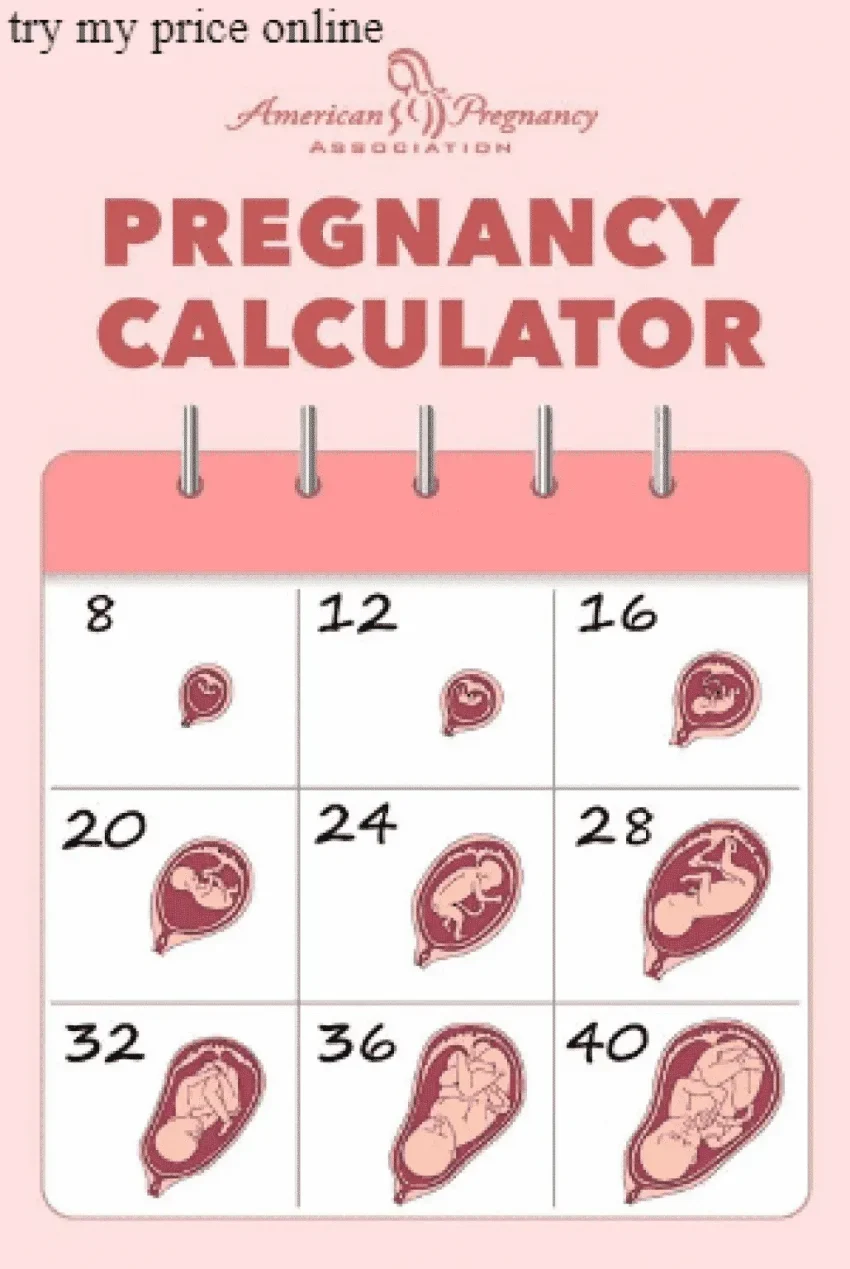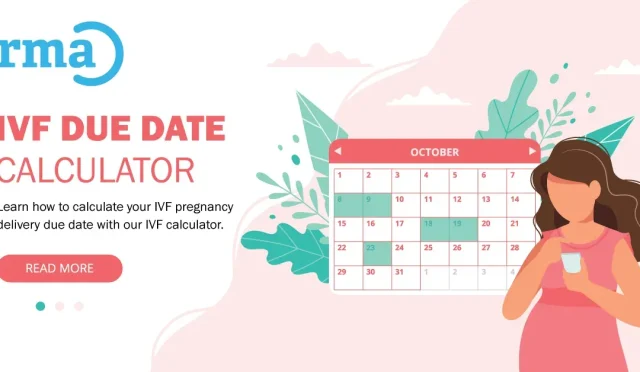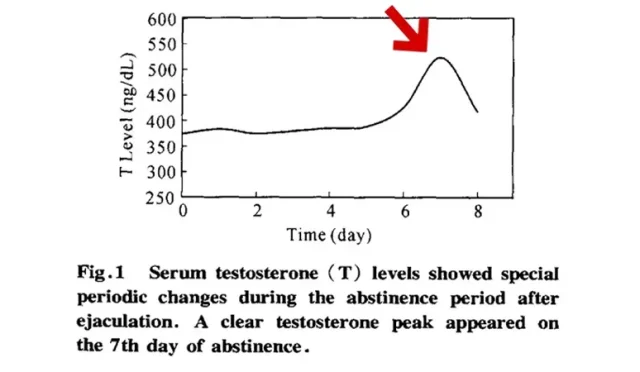Pregnancy Test Calculator: When To Test For Results
If you’re curious about whether you’re expecting, a pregnancy test calculator can be an invaluable tool in your journey to discovering pregnancy. These calculators help you determine the optimal time to take a pregnancy test for the most reliable results, particularly when considering when to take a pregnancy test after a missed period. Testing too early might lead to false negatives due to insufficient hCG levels in pregnancy, which is why timing is crucial. Using an early pregnancy test may seem tempting, but it often yields less accurate results. By utilizing a pregnancy test calculator, you can effectively navigate through the uncertainty and maximize your chances of a clear outcome.
In the quest to find out if you are pregnant, understanding your options for testing can be crucial. Many women look for guidance on determining when to perform a home pregnancy test, especially considering the variations in menstrual cycles. This is where digital tools like pregnancy calculators come into play, offering personalized insights based on your menstrual history. These calculators can quickly advise on the best time to utilize early pregnancy testing methods and offer clarity on recognizing hCG levels during pregnancy. By leveraging technology to track your cycle, taking timely and accurate pregnancy tests becomes a much more manageable process.
Understanding the Best Time to Take a Pregnancy Test
It’s crucial to time your pregnancy test correctly to avoid false negatives. Generally, the best day to take a pregnancy test is the first day of your missed period. This timing coincides with sufficient levels of human chorionic gonadotropin (hCG) being present in your urine. Home pregnancy tests are designed to detect hCG, the hormone released when a fertilized egg attaches to the uterus. Testing too early can result in low levels of hCG, leading to inaccurate results. Therefore, patience is essential while waiting for your body to produce detectable levels of this hormone.
Using a pregnancy test calculator can aid in determining the right moment. By inputting your last period date or ovulation date into tools like Flo, you can get insights tailored to your cycle. It’s important to remember that individual variations exist, such as irregular cycles that may impact hCG levels. If you suspect pregnancy and have missed your period, waiting at least a week afterwards for testing is advisable for most accurate results.
Early Pregnancy Testing: Timing and Accuracy
Many women wonder when they can take an early pregnancy test. While some tests claim to detect hCG levels days before a missed period, early testing does come with risks. Tests designed for early detection are generally more sensitive, but they may yield false negatives due to low hCG levels at the point of testing. Therefore, even if you feel certain about being pregnant, the safest approach is to wait until a missed period for reliable results.
To enhance the accuracy of an early pregnancy test, consider taking it first thing in the morning when your urine is most concentrated – this can help provide clearer results. Regardless, consulting with a healthcare professional about your specific situation can provide additional peace of mind and clarify your next steps. Utilizing tools like Flo can also assist in tracking your cycles and determining optimal testing times.
Using a Pregnancy Test Calculator Effectively
Flo’s pregnancy test calculator can be a helpful tool for women trying to navigate the uncertainty of potential pregnancy. By inputting crucial information such as the first day of your last period and average cycle length, the calculator gives you guidelines on the best time to test. Remember, these calculators provide estimates based on typical cycle patterns, and individual variations can lead to differing results.
For the most effective use of a pregnancy test calculator, ensure you are accurately tracking your menstrual cycle and ovulation dates. Understanding your regular patterns allows the calculator to give the most precise recommendations. While these tools are informative, they are only aids; in instances where you suspect pregnancy, always follow up with a healthcare professional for a definitive answer.
Factors Influencing Pregnancy Test Accuracy
Several factors can impact the accuracy of a home pregnancy test, including the timing of your test, the sensitivity of the test itself, and the individual hormonal levels in your body. Home pregnancy tests typically become more accurate the longer you wait after a missed period as more hCG accumulates. For the best results, tests are most effective taken after a missed period, aligning with the time when hCG levels are likely elevated.
Moreover, external factors—such as drinking excessive fluids before testing—can dilute the urine and lead to less reliable results. Always adhere to test instructions and consider factors like the expiration date of the test. Understanding the dynamics of hCG levels and how they vary can also help mitigate confusion, assisting you in reading the results correctly and making informed decisions.
Taking a Pregnancy Test After Missed Period
As mentioned, you should generally take a pregnancy test on the first day of your missed period for optimal accuracy. Waiting until at least this point allows sufficient time for hCG to build up in your system following implantation. Studies indicate that testing on this day results in a high sensitivity of about 90%, which increases with subsequent days after the missed period.
If your test result is negative, but your period doesn’t arrive, it’s advisable to retest after a week. Hormonal fluctuations and individual cycles can cause variations. Figuring out your personal tracking cycles can be simplified with the Flo app, which helps in managing these timelines effectively and alleviating some of the stress associated with uncertainty.
What to Know About Testing After Ovulation
After ovulation, it’s essential to be patient before taking a pregnancy test. Most experts recommend waiting at least two weeks post-ovulation to allow for the egg to travel and implant in the uterus, which is necessary before hCG begins to be secreted. Taking a test too soon can result in a false negative because hCG levels might not yet be sufficient for detection.
Utilizing a pregnancy test calculator can help predict your most fertile period, thus providing clarity on when you might expect to test positive after ovulation. With accurate tracking, you can better anticipate when to expect your period, guiding your timing for testing. This methodical approach ensures you are testing under the optimal circumstances for accurate results.
Pregnancy Testing After Unprotected Sex
Timing can be tricky when considering a pregnancy test immediately after unprotected sex. If your cycle is inconsistent or uncertain, waiting at least three weeks is generally recommended before testing. This allows ample time for hCG to develop if pregnancy occurred post-intercourse. Should your menstrual cycle be more predictable, you can typically take a test on the day of a missed period.
If you’re actively avoiding pregnancy, options such as emergency contraception should be considered promptly after unprotected sex. If you happen to miss your period after taking these measures, a pregnancy test three weeks later will provide a clearer picture of your situation, ensuring you can address any pregnancy concerns promptly.
Pregnancy Testing While Breastfeeding: Guidelines
Breastfeeding introduces unique considerations regarding menstruation and subsequent pregnancy testing. If you’re breastfeeding and have had unprotected sex, the same guidelines apply: test on the first day of a missed period or three weeks after your last intercourse. Since breastfeeding can postpone the return of regular menstrual cycles, it’s crucial to remain vigilant and cognizant of potential pregnancy signs.
Many women report irregular cycles while breastfeeding, making it harder to determine the right time to test. Tracking your period and utilizing tools like Flo can help manage this uncertainty by calculating cycles and providing reminders. Even if you’re breastfeeding, it’s important to stay informed about your fertility to make accurate decisions regarding testing and reproductive health.
Understanding hCG Levels and Pregnancy Tests
A key component of understanding how pregnancy tests work is recognizing the role of hCG levels. A pregnancy test is marked positive when it detects a sufficient concentration of hCG in the urine. After implantation, hCG enters your system and can signal pregnancy. The hormone levels typically rise rapidly in early pregnancy, therefore waiting for a missed period is often recommended for testing.
Individual variances are also notable when it comes to hCG levels; factors like cycle length and hormonal fluctuations can cause differences in when hCG is detectable. This variability can sometimes result in testing miscalculations. Using a pregnancy test calculator can help estimate appropriate testing times, but remaining adaptable to personal cycle changes is equally critical.
How to Take an At-Home Pregnancy Test Correctly
To maximize the effectiveness of an at-home pregnancy test, following the manufacturer’s instructions carefully is vital. Begin by taking the test first thing in the morning for the most accurate results, as this is when the concentration of hCG is highest. Ensure cleanliness when handling the test and avoid diluting your sample by drinking excessive fluids beforehand.
After testing, it’s essential to interpret the results within the recommended time frame provided with the instructions. If you wait too long, you may end up reading an evaporation line, which could lead to confusion between negative and positive results. By adhering to these protocols, you can ensure the reliability of your test result.
Frequently Asked Questions
When should I take a pregnancy test after a missed period?
The best time to take a pregnancy test is on the first day of a missed period or later, as pregnancy tests become more accurate the longer you wait. This is due to rising hCG levels in your urine, which are detectable around this time.
When should I take an early pregnancy test?
Early pregnancy tests can be taken a few days before your expected period. However, for the most reliable results, it’s advised to wait until your period is late, as testing too early can lead to false negatives due to low hCG levels in your urine.
When should I take a pregnancy test after ovulation?
You should wait at least two weeks after ovulation to take a pregnancy test. This allows sufficient time for a fertilized egg to implant and for hCG to enter your system, which is necessary for an accurate pregnancy test result.
When should I take a pregnancy test after sex?
If you’re unsure of your cycle, wait at least three weeks after having sex to take a pregnancy test. For those with regular cycles, testing on the first day of a missed period is advisable for accurate results.
When should I take a pregnancy test while breastfeeding?
If you suspect you might be pregnant while breastfeeding, take a pregnancy test on the first day of a missed period or three weeks after your last sexual encounter. hCG levels can still be present due to prior pregnancies, so timing is key.
When should I take a pregnancy test after a miscarriage?
After a miscarriage, it is suggested to wait until after your first period before taking a pregnancy test to avoid detecting residual hCG from the previous pregnancy. Typically, wait about three weeks after a miscarriage for an accurate result.
What makes a pregnancy test positive?
A pregnancy test is positive when it detects sufficient levels of hCG in your urine, which begins to rise after a fertilized egg implants in the uterus. Testing should align with the time when hCG is reliably detectable.
How to take an at-home pregnancy test?
To achieve the best results with a home pregnancy test, follow the instructions provided with the test carefully, urinate on the test strip or in a cup, and wait for the specified time to read the result, ideally in the morning for concentrated urine.
| Timing | Recommendation | Additional Notes |
|---|---|---|
| After missed period | Take a test on the first day of a late or missed period for most accurate results. | Accuracy increases with longer wait; tests have 90% sensitivity on the first day of a missed period. |
| After ovulation | Wait at least two weeks post-ovulation before testing. | It takes time for the fertilized egg to travel and implant before hCG is produced. |
| After sex | If unsure of cycle, test three weeks post-coitus; if regular, test on the first day of a missed period. | If using emergency contraception, wait three weeks post-use before testing. |
| While breastfeeding | Follow same guidelines; test on the first day of a missed period or three weeks post last intercourse. | hCG levels may still be present from previous pregnancy. |
| After miscarriage | Wait until after the next period for accurate results. | hCG levels may take time to return to zero post-miscarriage. |
| General considerations | Home tests detect hCG; waiting allows for detectable levels in urine. | Early tests may yield false negatives due to low hCG levels. |
Summary
A pregnancy test calculator can help you determine the best timing for taking a pregnancy test, enhancing the chances of an accurate result. It’s essential to understand when to test based on missed periods, ovulation, or after sexual intercourse. Always consult a healthcare professional for personalized advice and guidance on pregnancy confirmations.
#HealthNews #PregnancyTest #TestCalculator #FertilityAwareness #WomensHealth








